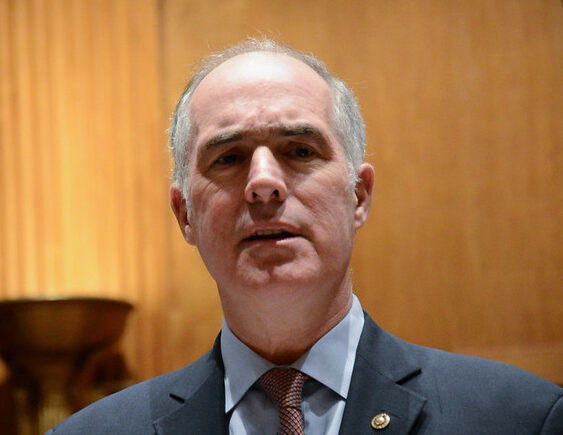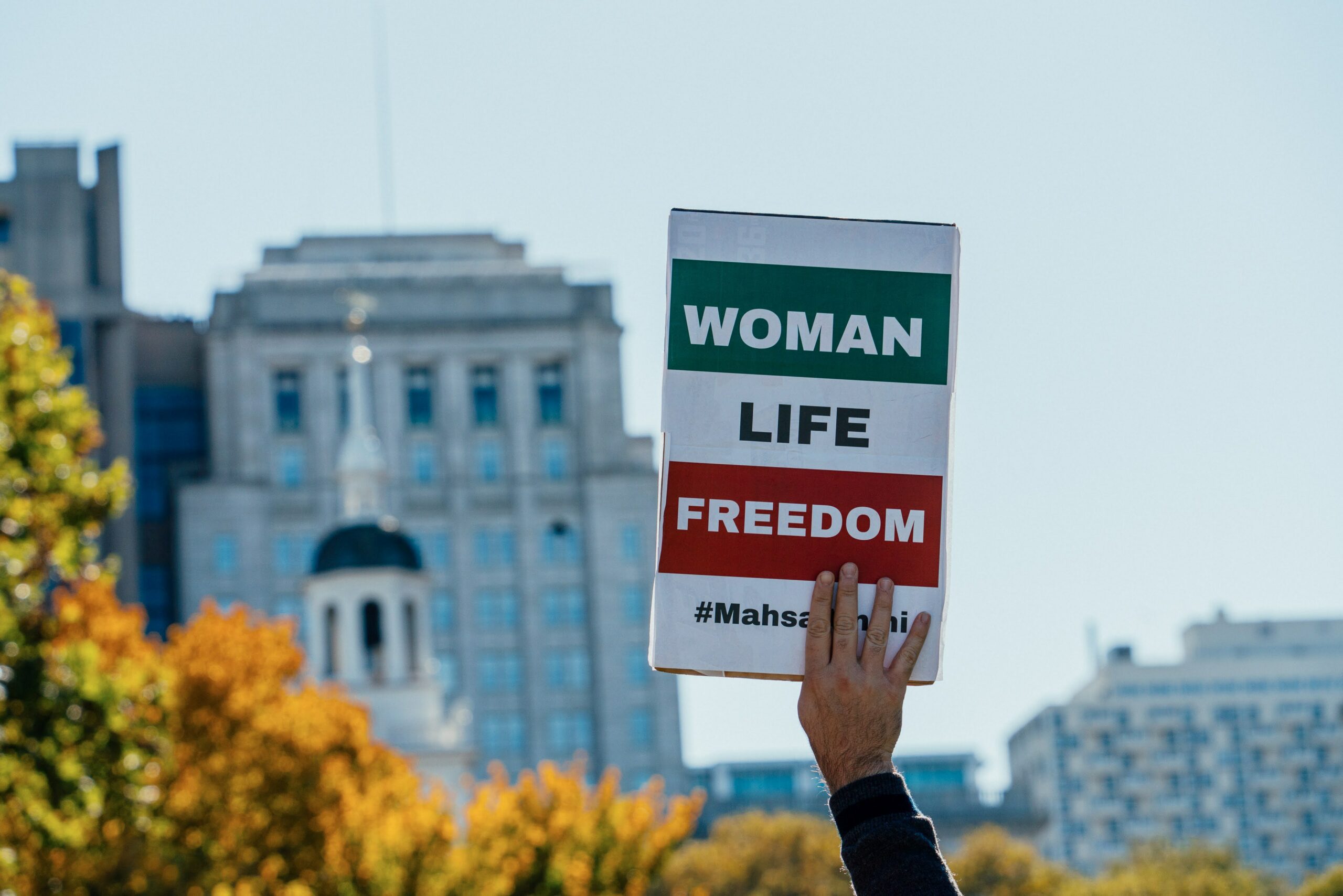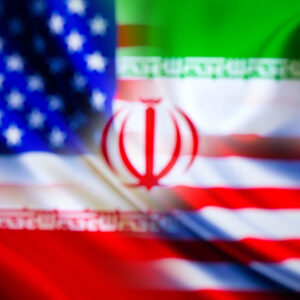67 Arrested as Global Anti-Israel Protests Hit Philly Monday

Dozens of anti-Israel protesters were arrested in Philadelphia on Monday, part of a global protest movement designed to shut down economic chokepoints in support of the Palestinian cause.
“[Twenty-six] protesters in slow-moving vehicles entered I-95 north near Penns Landing and I-95 South near Allegheny Avenue,” reported the Pennsylvania State Police. “The protest groups slowly proceeded towards Center City, snarling traffic in both directions.”
Police removed all protesters from their vehicles, citing them for disorderly conduct. More than 20 vehicles were towed. Most of the suspects are from the Delaware Valley, but state police said individuals from State College and Pittsburgh took part, as did some people from Pittsford, N.Y.
Another 41 protesters were arrested after they blocked the intersection of Market and Schuylkill near the IRS building in downtown Philadelphia. Helicopter footage showed the demonstrators sat down in crosswalks after walking on the road with signs, banners, and Palestinian flags. Some of the signs said that U.S. tax dollars were “funding genocide,” while another called Israel “the Temporary entity” and “the entity from dust.”

Philadelphia police said the protesters were charged with obstructing the highway.
The global protests were spearheaded by the group A15 Action, which proposed a “multi-city economic blockade” to show solidarity with Palestine.
A15 Action’s main message was to “open up new fronts against the Zionist war machine…[to] end the Zionist project now,” according to a video the group posted on social media.
The plan was to “disrupt global logistical hubs” across the world by targeting infrastructure, including shipping terminals, highways, and bridges. A15 hoped to damage the economy and slow the flow of capital that helps fund military aid to Israel.
“Not another penny, not another dollar, we won’t pay for Pentagon slaughter!” protesters in Philadelphia shouted.
The Maritime Exchange for the Delaware River and Bay warned its members last week that a possible “blockade” by anti-Israel activists could shut down their businesses on Monday. But a Port of Philadelphia spokesperson told DVJournal none of the demonstrations reached its facility.
While the A15 protesters said their primary targets were corporations that they claim help fund the Israeli economy, most of the actions impacted ordinary people.
Some demonstrators stood outside the New York Stock Exchange in Manhattan, while others blocked the Brooklyn Bridge during rush hour. The Golden Gate Bridge was blocked during San Francisco’s morning rush hour, and Interstate 880 was closed for hours in Oakland. In Chicago, 40 protesters blocked entry into an O’Hare Airport terminal before police arrested them.
In Vietnam, protesters targeted products on grocery store shelves, covering some with stickers reading “This Product Supports Genocide” accompanied by an image of the Israel flag covered in blood.
The protests happened two days after Israel was attacked by Iran in one of the largest direct attacks on the Jewish state.
The Jewish Federation of Greater Philadelphia condemned the demonstrations as antisemitic.
“This protest is yet another example of the danger and fear that the Jewish people continue to endure on a global scale and on our local doorsteps,” a spokesperson told DVJournal.








